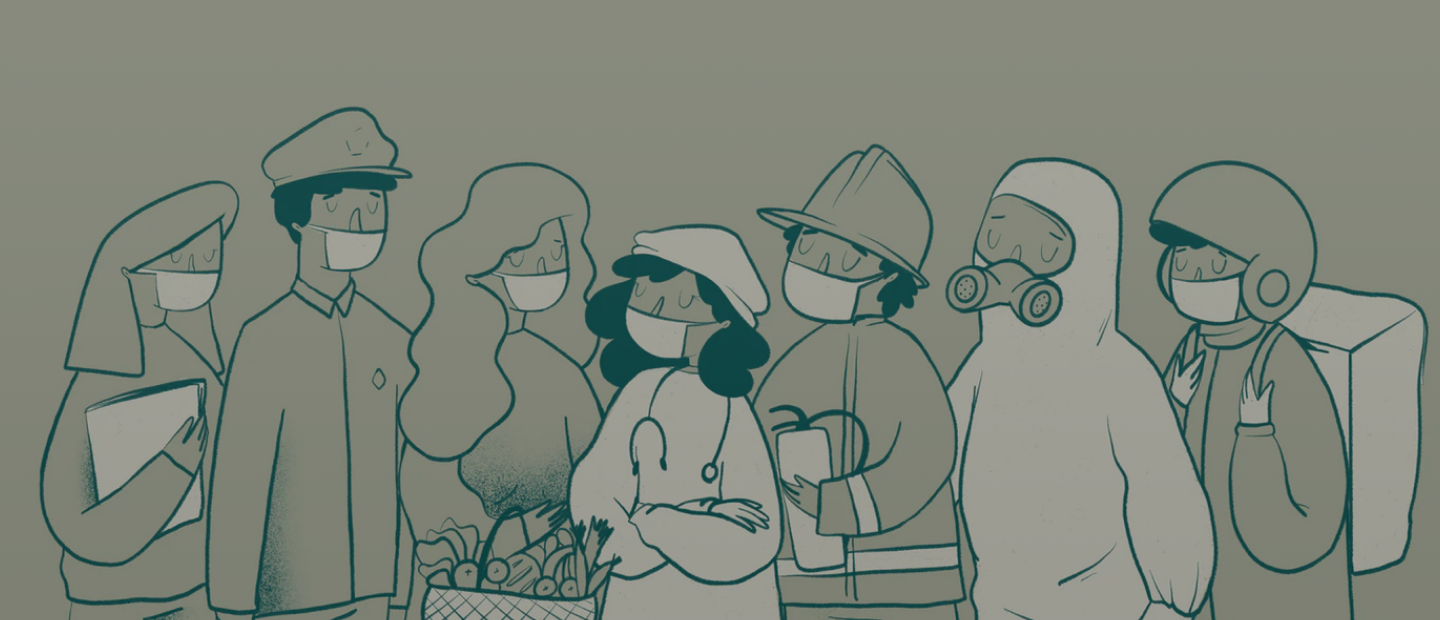The objective of the project is to reduce the infant mortality rate in Toledo and the region through the acquisition of a
Ventilation and Respiratory Monitoring Equipment for neonatal use (extremely premature – babies
less than 28 weeks or less than 500 g) – Dräger Babylog ® VN600 for the Associação Beneficente de
Health of Western Paraná - HOESP – Neonatal ICU
To this end, it was defined together with the technical team (doctors, nurses and physiotherapists) of the institution,
the technical specification of the equipment and the utilities required for its installation and operation. AND
It also includes training on the use of the entire team that will use it.
According to the WHO, babies under 28 weeks are considered extremely premature. They are babies
extremely low weight patients who typically have longer hospital stays and require support and care
continuous. Caring for these most vulnerable patients is a great responsibility and requires tools,
equipment and support to help ensure a positive outcome. Also according to WHO estimates,
released at the beginning of May this year, the number of maternal and newborn deaths does not show a drop
significant since 2015 and reaches a total of 4.5 million occurrences/year. Data were collected from 20
ª Regional Health, where it is stated that in 2022, 2002 babies were born, with a mortality rate of 10.98%.
The HOESP Neonatal ICU has an average of 170 admissions per year, and confirms this data, there were 163
hospitalizations in 2022 with a mortality rate of 9.7%. In a meeting with Dr. João Pedro Pontes
Câmara, one of the doctors responsible for the HOESP Neonatal ICU, reported the need for a
Controlled Respiratory Ventilation equipment, to care for extremely premature babies - a strategy
innovative for the entity, and which would bring significant gains in the treatment of these babies, as ventilation with
guaranteed volume has been shown to improve clinical outcome, reducing the number of respiratory complications and
- Page 2 of 16 -
neurological problems, in addition to reducing the total duration in days of mechanical ventilation, and even possible intubation. O
Controlled Respiratory Ventilation equipment also proved to be a safe alternative to CPAP
(Continuous Positive Airway Pressure), since high levels
This can cause abdominal distension and reduce lung compliance, resulting in hypoventilation.
Describe the sustainability aspects of the project The project has a lasting aspect, as the
equipment purchased will be installed within a solid institution such as the Associação Beneficente de
Saúde do Oeste do Paraná – HOESP, with more than 50 years of operation in Toledo, in addition to serving another 18
counties. You will be under the supervision and specific care of the Neonatal ICU technical team, represented by Dr.
João Pedro Pontes Câmara - pediatric intensive care physician. Another important pillar is the intense and
frequently occurring at the institution that justify the need for good use and conservation of the equipment.
HOESP is one of the reference hospitals in the 20th Health Region, which serves around 420,000 inhabitants.
The 2022 data from the 20th Health Region shows 2002 births. The HOESP Neonatal ICU in this
the same year recorded 163 hospitalizations. According to data from the Health Department of the State of Paraná, 1 in every
10 newborns require ventilation to initiate or maintain respiratory movements.
The role of the beneficiary entity will be to designate an appropriate location for installing the equipment, as well as
as qualified personnel for its use, in addition to ensuring the conservation and correct use of the equipment. A
entity has three physiotherapists exclusively for the work of the Neonatal ICU (Jessica Aline Krebs, Ana
Karolina Ferreira Primo and Juliana Cristina de Jesus), as well as the entire team of pediatricians
intensivists (Dr. João Pedro Pontes Câmara, Dr. Ana Claudia Lopes Plewka, Dr. Lara Ciupak, Dr. Larissa
Prestes, Dr. Emanuel Nogueira Almeida, Dr. Roberta Fernandez Zandona and Dr. Henrique Seki), all eligible
to operate the equipment.

